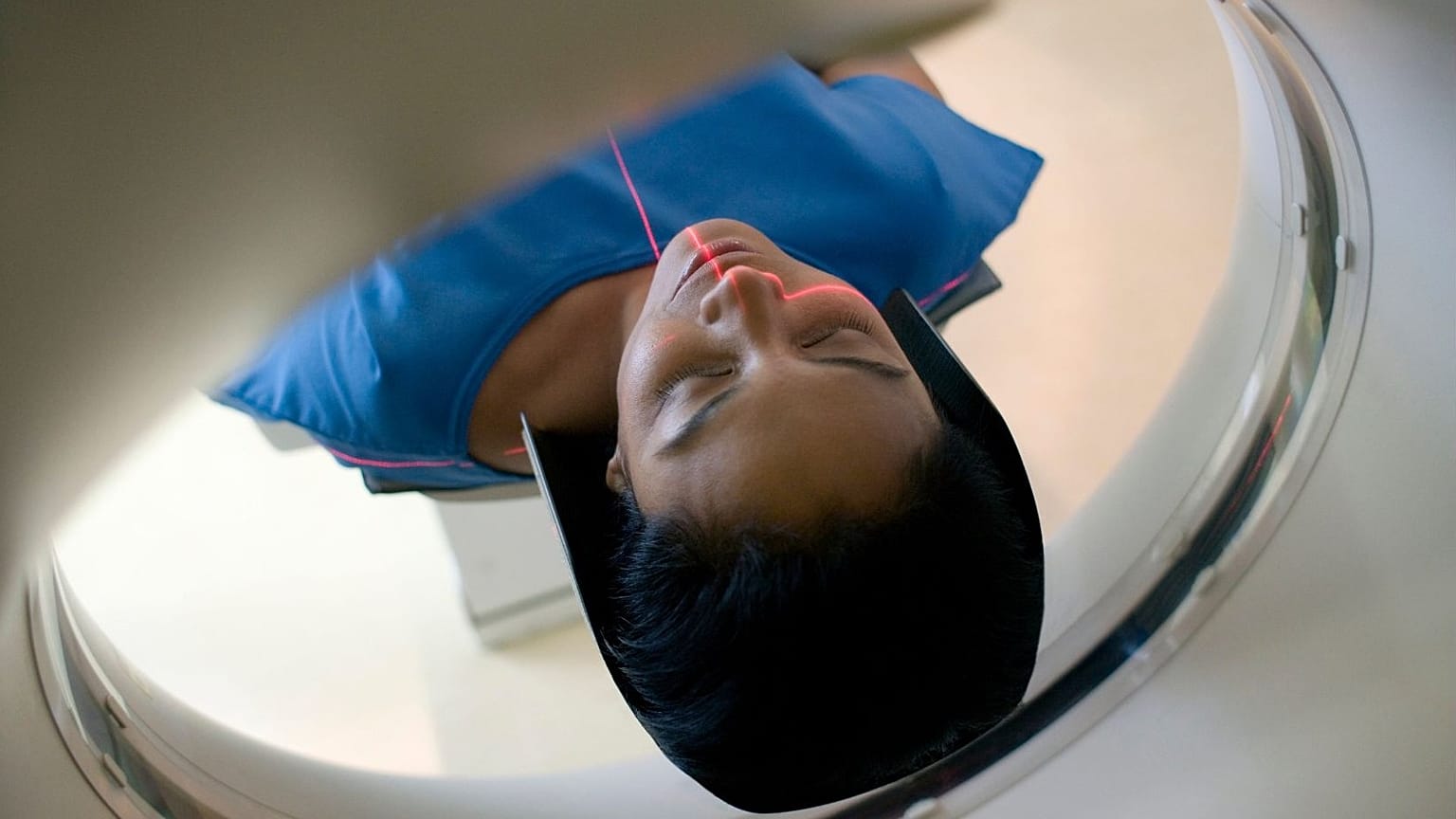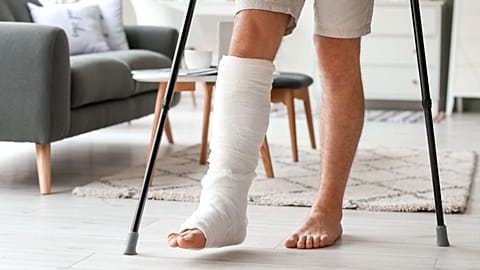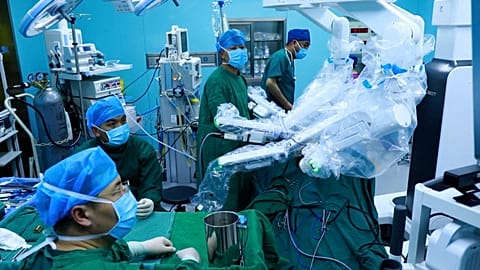More studies are needed to confirm whether the higher risks are due to the scans or to the suspected health issues that prompt people to get them.
 ADVERTISEMENT
ADVERTISEMENT
Women who undergo CT scans shortly before they get pregnant may be more likely to experience miscarriage and have babies with birth defects, a large new study suggests.
Computed tomography (CT) scans are used to diagnose blood clots, haemorrhage, cancer, and other life-threatening health issues, but they also expose patients to ionising radiation at levels that are tied to a higher risk of cancer.
Given the new findings, additional research will be needed to confirm whether the increased pregnancy risks are due to the effects of the scans themselves, or to the suspected health issues that prompt people to get them.
Regardless of the answer, the Canadian research team argued that alternative forms of medical imaging should be prioritised for young women who may be or soon become pregnant.
The study, which was published in the journal Annals of Internal Medicine, included data for more than 5.1 million pregnancies and 3.4 million live births in Canada between 1992 and 2023.
It found that the more CT scans women underwent before getting pregnant, the more likely they were to experience miscarriage or birth defects.
Among women who had undergone three or more CT scans in the month before getting pregnant, for example, the rate of miscarriage was 142 per 1,000 pregnancies, and the rate of congenital abnormalities was 105 per 1,000 births.
For women who did not have a CT scan ahead of pregnancy, those rates were 101 and 62, respectively.
Notably, women who were smokers or had diabetes, high blood pressure, or obesity – all risk factors for poor birth outcomes – were more likely to undergo CT scans than healthier women.
The researchers also noted that there were gaps in data on women’s lifetime exposure to CT scans and that other underlying medical problems could contribute to their birth outcomes.
“It seems quite likely that women who have a CT scan in the month before conception already have some sort of health problem that led to the need for a CT scan in the first place,” said Derek Hill, a professor of medical imaging science at University College London who was not involved with the study.
Even so, the study authors said doctors should consider “alternative imaging methods … when appropriate”.
The findings are “significant enough that other non-ionising imaging modalities, such as MRI and ultrasound, may need to be prioritised for women of child-bearing age or planning to conceive,” said Simon Jolly, a professor of visceral physics at University College London who was not involved with the study.
He said additional studies should examine whether the findings hold up in other groups of patients.
















